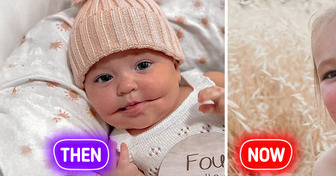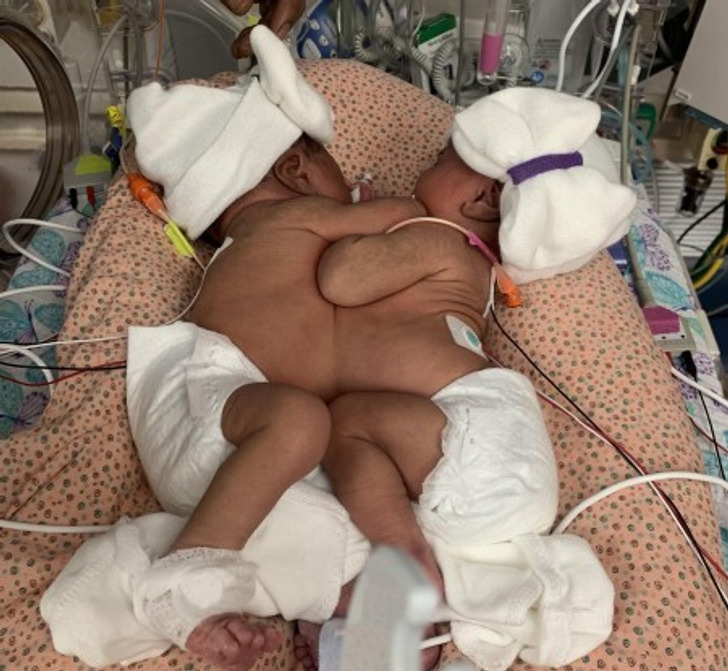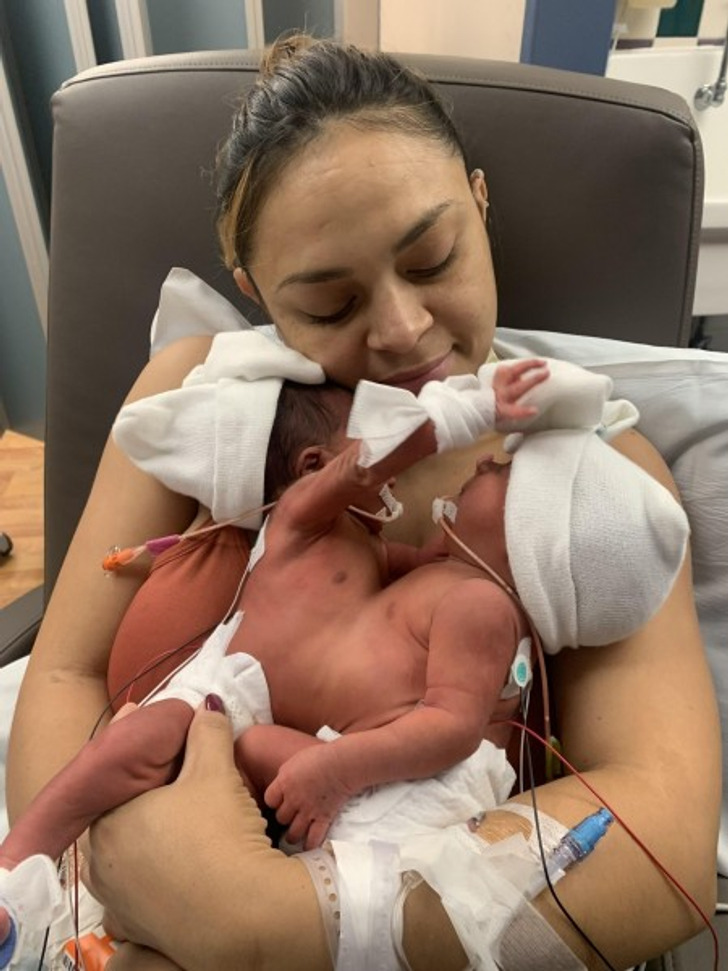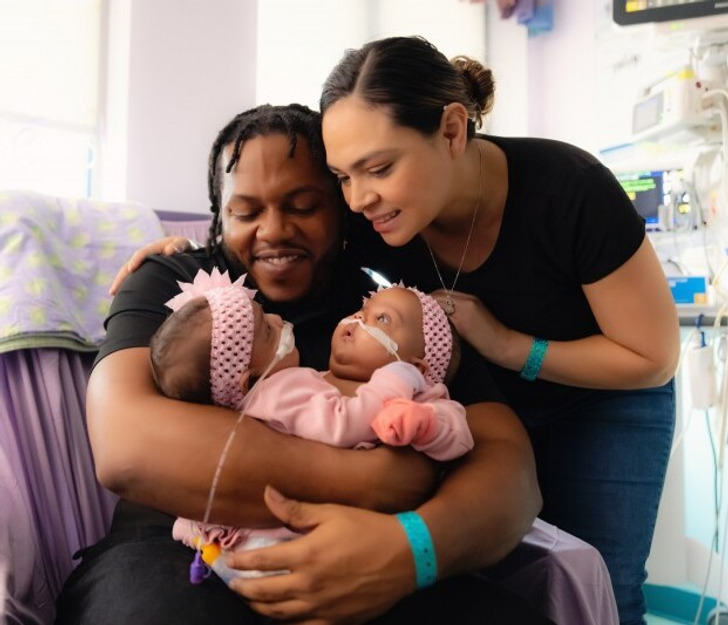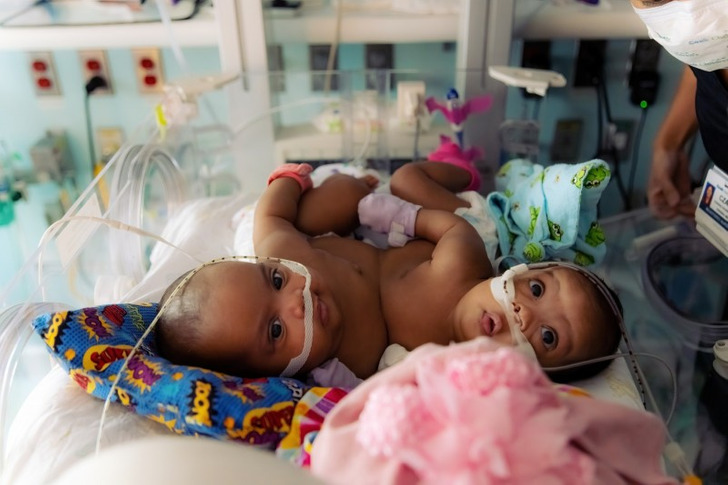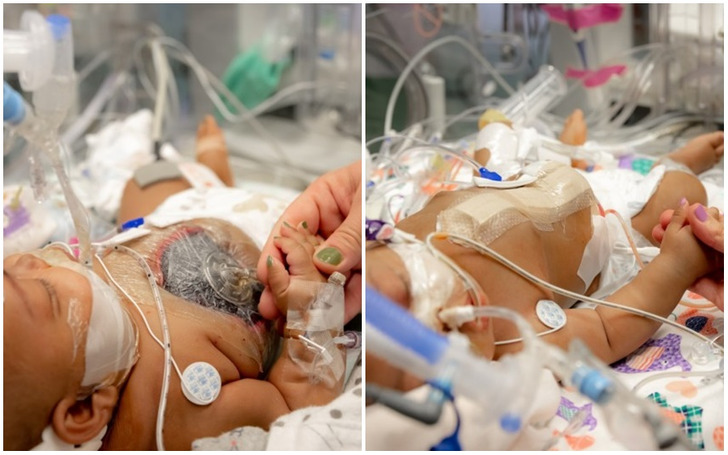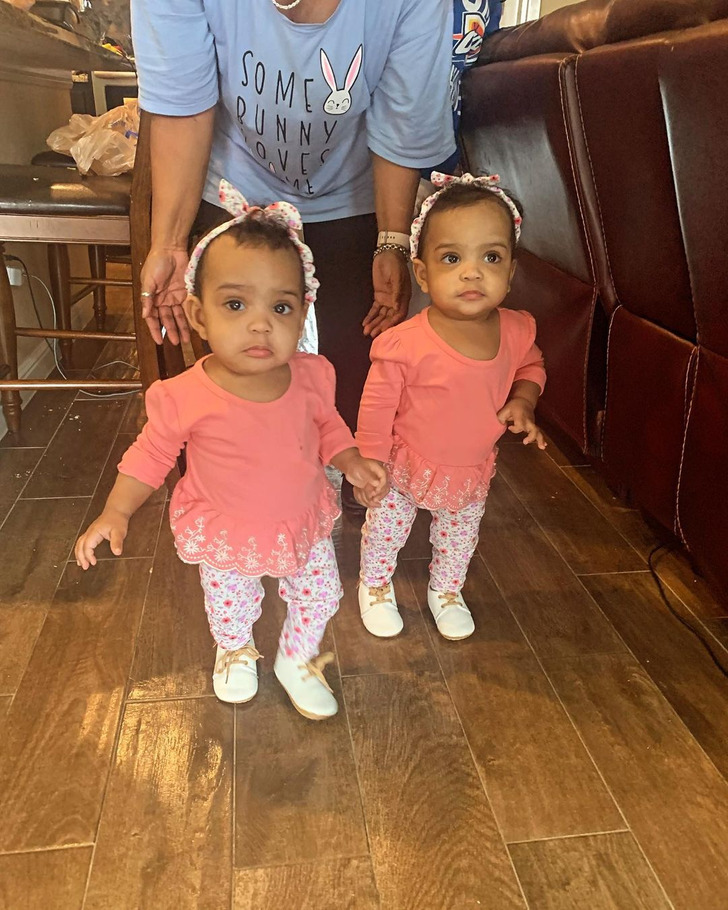They are beautiful!
1-in-200,000: Conjoined Twins with a Shared Liver Successfully Separated After a Risky Surgery
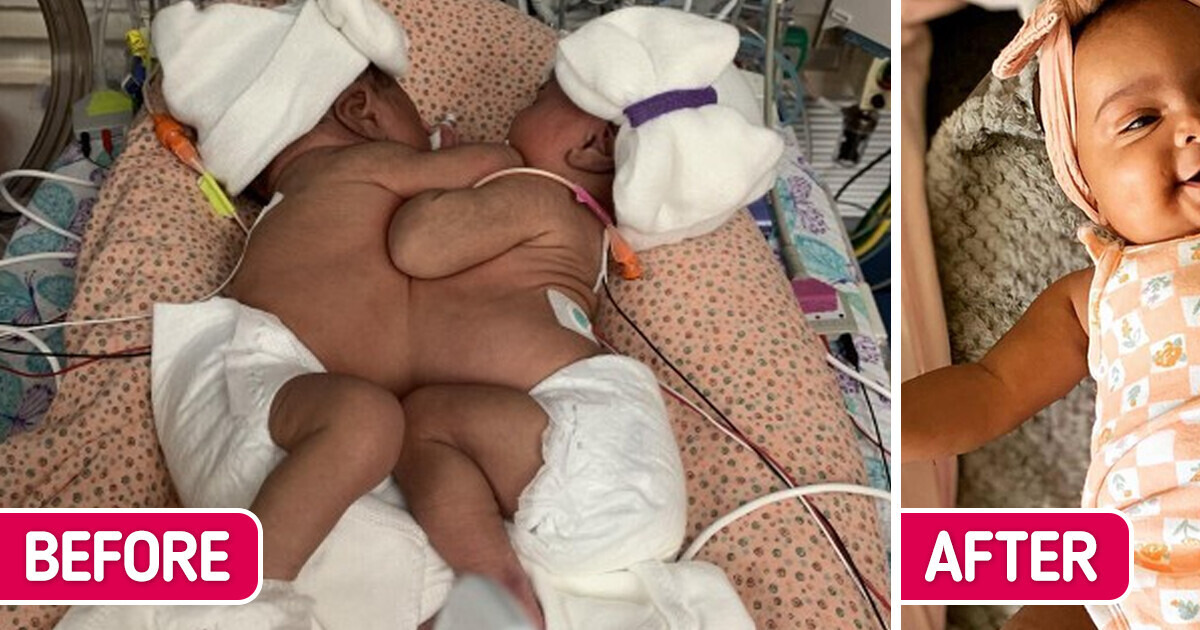
Conjoined twins joined at the abdomen with a shared liver are extremely rare, occurring in about 1 in 200,000 live births. According to Dr. Jose Iglesias, pediatric surgery director at Cook Children’s Hospital, only 5 to 8 cases of viable conjoined twins are seen worldwide each year. This level of rarity is truly remarkable.
The couple found out they were expecting conjoined twins at 10 weeks.
This unexpected news overshadowed the family’s initial excitement of welcoming 2 new members with a shroud of uncertainty, fear, and numerous unanswered questions. Arciniega, the mother, expressed her astonishment, stating that she never could have imagined having twins, let alone conjoined twins. Throughout the following months, she experienced a relatively smooth and uncomplicated pregnancy, apart from frequent visits to specialists across the state.
Conjoined twins often face significant challenges, with many not surviving in utero or succumbing shortly after birth due to the complexities associated with their shared organs and joining. However, scans revealed that JamieLynn and AmieLynn possessed individual hearts and heart sacs, thereby increasing their chances of survival and making them potential candidates for future separation.
When the babies were born
On October 3, 2022, at 34 weeks into the pregnancy, JamieLynn and AmieLynn were delivered via C-section at Texas Health Fort Worth at 10:40 a.m. Due to safety concerns, Arciniega underwent a vertical incision instead of the traditional horizontal approach. Both babies weighed 4 pounds and 7.8 ounces, with JamieLynn measuring 16.9 inches in length and AmieLynn measuring 16.5 inches.
Although the girls were thriving in the Neonatal Intensive Care Unit (NICU), they weren’t growing at the same rate, partly because of their shared blood supply. Dr. Barber explained that one twin was essentially “stealing groceries” from the other. Additionally, AmieLynn was starting to develop scoliosis.
Feeding the twins has become increasingly challenging due to their size, mobility, and close proximity to each other. While their hearts are separate, they are positioned remarkably close together and continue to grow closer as the girls age. At almost 4 months old, the timing for the separation surgery was deemed appropriate.
However, the procedure carried significant risks and uncertainties. The liver, being a highly vascular organ, posed a potential bleeding risk during dissection. Moreover, there was a considerable risk of infection, which was closely monitored during the weeks of recovery. The doctors were uncertain how the babies’ hearts would respond to their new anatomical position, as this was the first time they would lie on their backs.
Finally, the separation begins.
Inside the operating room, a team of medical professionals assembled, including 3 anesthesiologists, 4 pediatric surgeons, 2 plastic surgeons, and numerous other clinical experts. They divided into 2 teams, each dedicated to one of the girls. The initial hours of the procedure involved the placement of central lines for anesthesia delivery and the insertion of breathing tubes.
Sedation was then administered deliberately and meticulously. Surgeons commenced by opening the abdominal wall, followed by dissecting the lower sternum and the liver. The long-awaited update arrived at 3 p.m., bringing the joyous news that JamieLynn and AmieLynn had been successfully separated and were lying on their backs. The room was filled with tears of relief and resounding cheers of praise from family and friends as the weight of anxiety dissipated.
The recovery process can be characterized as a gradual and patient journey. On the day of AmieLynn and JamieLynn’s surgery, it became apparent that their path to full recovery would involve comprehensive rehabilitation. This will encompass the expertise of nutritionists, physical therapists, occupational therapists, speech therapists, and other specialists.
While the doctors maintain an optimistic outlook, they remain cautiously hopeful, anxiously awaiting the moment when they will bid farewell to the girls as they embark on their first journey home from Cook Children’s Hospital.
The girls now lead a typical child’s life: they’re active, cheerful, and look just like any other kids. Their parents run an Instagram blog, sharing updates about the girls’ lives. According to their father, the twins have completely different personalities. “Aime is a kind, gentle soul; you can see it in her eyes,” Finley said. “And Jamie—she’s my little firecracker,” he added.
Here’s another happy story of conjoined twins who were separated at the age of 6 months and are now 18 years old.
Comments
Related Reads
Ariana Grande’s Latest Appearance Sparks Concern Among Fans

15+ Job Interviews That Proved First Impressions Can Be Wild

Meet 20 Most Handsome Men in the World, According to Ordinary People

From “Most Beautiful Twins” to Teen Stars — See Their Transformation Today

10 Common Fashion Mistakes That Secretly Age You

You Won’t Believe What My Mother-In-Law Did to My Child

7 Myths About Ancient Egypt Movies Tricked Us Into Believing

17 Сelebrity Сhildren Whose Looks Are Just as Striking as Their Star Parents

14 Celebrities Who Breathed New Life Into Legendary Outfits

14 Celebrity Kids Who Are All Grown Up
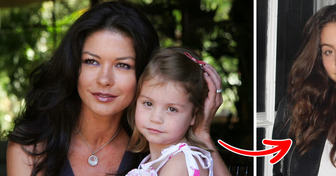
We Modernized 18 Vintage Hollywood Icons — You Won’t Believe How Different They Look

Baby Girl With a Rare Smile Grew Up — What She Looks Like Today Will Leave You Speechless
